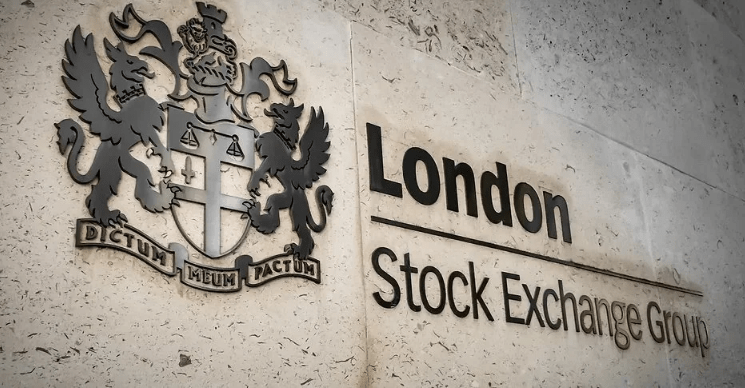London’s stock market opened the week on a sour note, with key indices tumbling in response to a U.S. credit rating downgrade and rising global uncertainty. Investors are also bracing for the outcomes of a high-stakes UK-European Union summit, the first of its kind since Brexit.
At 10:13 GMT on Monday, the FTSE 100 index had fallen by 0.8%, tracking weakness across global markets. The more domestically-focused FTSE 250 saw an even steeper drop, down 1.3%, and looked set to break its seven-day winning streak.
The declines follow a sharp reaction in international markets after ratings agency Moody’s downgraded the United States’ sovereign credit score. The move was triggered by concerns over America’s ballooning national debt, which has now climbed to a staggering $36 trillion.
Longer-term U.S. Treasury yields shot up in response, putting pressure on equities worldwide.
The downgrade coincides with a major political shift in Washington. Former President Donald Trump’s long-delayed tax-cut proposal finally cleared a key congressional committee over the weekend. Analysts have warned the legislation could increase the U.S. debt by as much as $5 trillion over the next decade.
“While largely a symbolic move, the U.S. credit downgrade from Moody’s, as well as the progress of a bill in Washington promising major tax cuts, cast a pall over the markets at the start of the week,” noted Russ Mould, investment director at AJ Bell.
In the UK, the impact was immediate. Gilt yields surged, with the 30-year benchmark rising to 5.494%—its highest point since April.
The real estate sector, highly sensitive to interest rates, also felt the pinch. The FTSE real estate sub-index dropped by 1.4% in morning trading.
Luxury retail stocks were not spared either. Shares in Burberry and Watches of Switzerland both shed 2% following weaker-than-expected retail sales figures from China, one of the sector’s biggest markets.
Away from the trading floor, diplomatic developments also captured attention. The UK government has announced a significant recalibration of its relationship with the European Union.
This includes efforts to remove trade barriers and boost cooperation on defence—a crucial shift aimed at strengthening both economic performance and continental security.
This renewed partnership marks the most meaningful reset in UK-EU ties since the Brexit referendum, reflecting broader geopolitical shifts. The global landscape, already upended by Trump-era policies, continues to drive nations to reassess their strategic alliances.
With rising debt concerns in the U.S., global market fragility, and ongoing shifts in UK-EU diplomacy, investors remain on edge. London’s stock market, like many around the world, is now caught between economic caution and geopolitical recalibration.
As both traders and policymakers wait to see how these factors unfold, volatility may continue to define the financial landscape in the days ahead.






